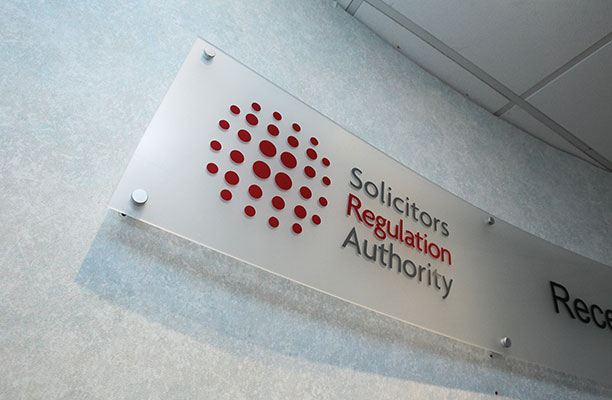Solicitors’ bulging code of conduct looks set to be drastically slashed in length and further liberalisation of legal services ushered in under proposals from the UK’s largest legal watchdog.
The Solicitors Regulation Authority (SRA) this week revealed proposed changes to its Code of Conduct Handbook, with reforms to allow solicitors to practise in non-Legal Services Act (LSA)-regulated institutions and a major stream-lining of its rules for conduct and solicitor accounts. The shake-up is set to cut the size of the core code of conduct from 30 pages to 14 and rules on solicitor accounts from 41 pages to seven.
The proposals come after a two-year consultation launched in April 2015 but will not come into effect earlier than autumn 2018.
The most controversial move floated by the SRA is a commitment to ‘getting rid of barriers to solicitors working freely in the legal sector’.
This could allow solicitors to practice in the growing number of ‘non-LSA regulated’ firms providing legal services such as will-writing and resolving employment disputes.
The SRA said the changes will adapt ‘outdated rules constraining access to solicitors [to] make it easier for people to benefit from their expertise and high standards, potentially in more affordable ways’.
Law Society president Robert Bourns told Legal Business, however, that he was ‘very concerned’ about the impact the proposal to solicitors being able to move with greater flexibility throughout the legal profession, as it could cause ‘consumer confusion.’
Bourns cited a Competition and Markets Authority report published in January on consumers of legal services. ‘It said very clearly that consumers do not have a full understanding of the regulatory status of their legal services providers. The proposed changes will not help consumers make more informed decisions.’
The revised handbook has separate codes of conduct for firms and solicitors to ensure clarity over obligations and responsibility regardless of whether lawyers are practicing in-house, in a firm or outside a firm that is regulated by the LSA.
However, Kingsley Napley legal services regulation partner Iain Miller told Legal Business: ‘The other potential flipside of solicitors practicing outside law firms is a law firm would be theoretically possible to divide its business into two.’
‘The changes could give law firms more options on how they set up their businesses. You could have an unregulated business under the same brand that effectively does the non-reserved legal activities and then another part that does reserved activities.’
Miller suggested the move could allow solicitors to be employed by insurers to advise the public. ‘But that means that in-house legal teams might start to sell their services a bit more widely. It would allow other businesses to come into the market that aren’t fully regulated like an SRA-regulated law firm is.’
The ABS would sit in the place with an authorised and regulated law firm but it would blur the distinction between ABS firms and other non-regulated law firms that happen to have solicitors in them, he added.
As to the size, scope and accessibility of the revised Handbook, Miller said the new slimmed-down rules are ‘quite clear and straightforward’. A large number of ‘open questions’, however, remained open as to what solicitors will have to do when the rules are applied in practice.
Miller noted that the profession would be waiting for more guidance from the regulator on how the rules would be enforced.
Other components of the handbook include principles, authorisation and practising requirements, client protection, discipline and costs recovery, overseas rules and specialist services.
madeleine.farman@legalease.co.uk
Read more: Lost in translation – can regulators respond to the rise of in-house?










